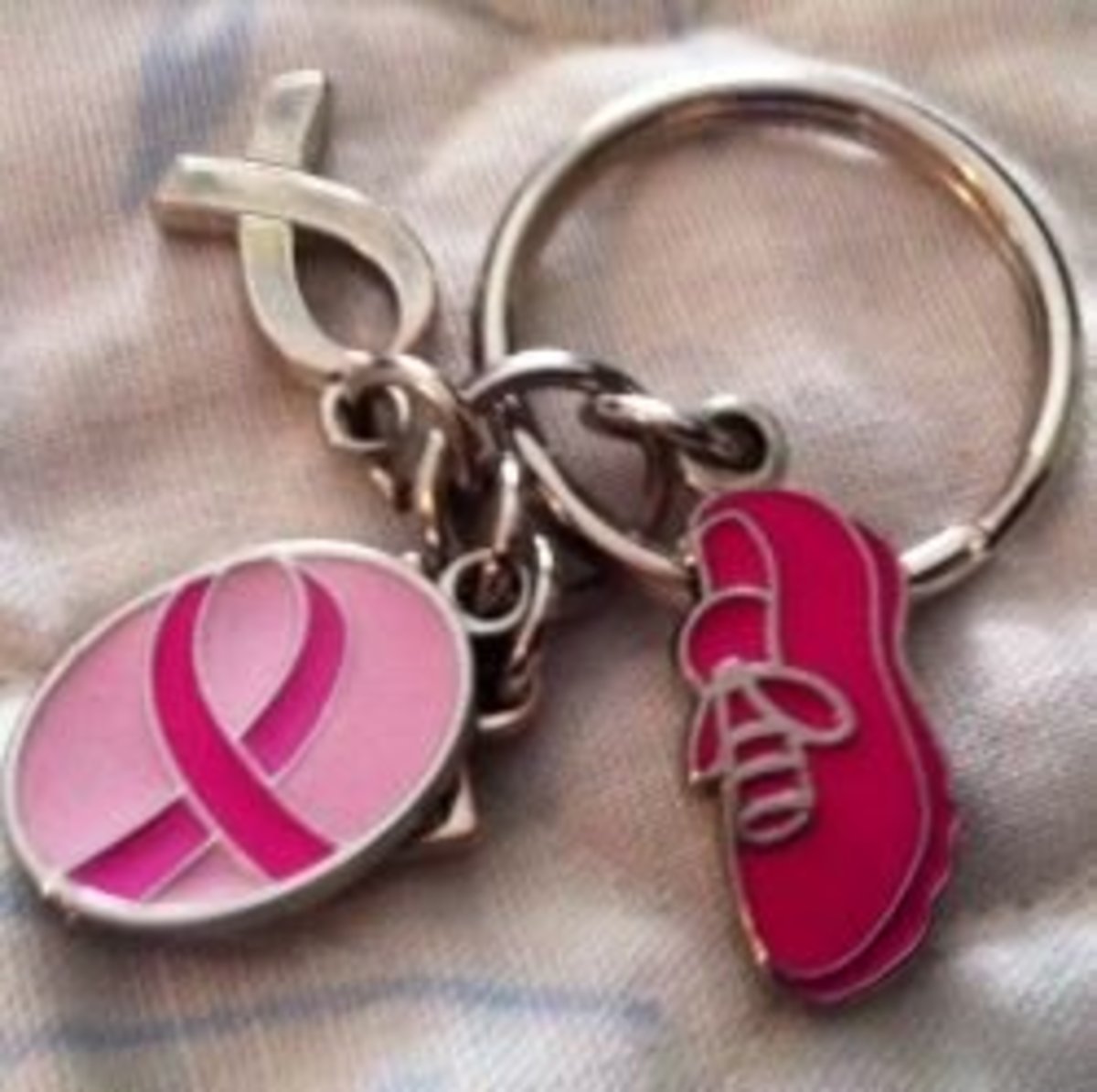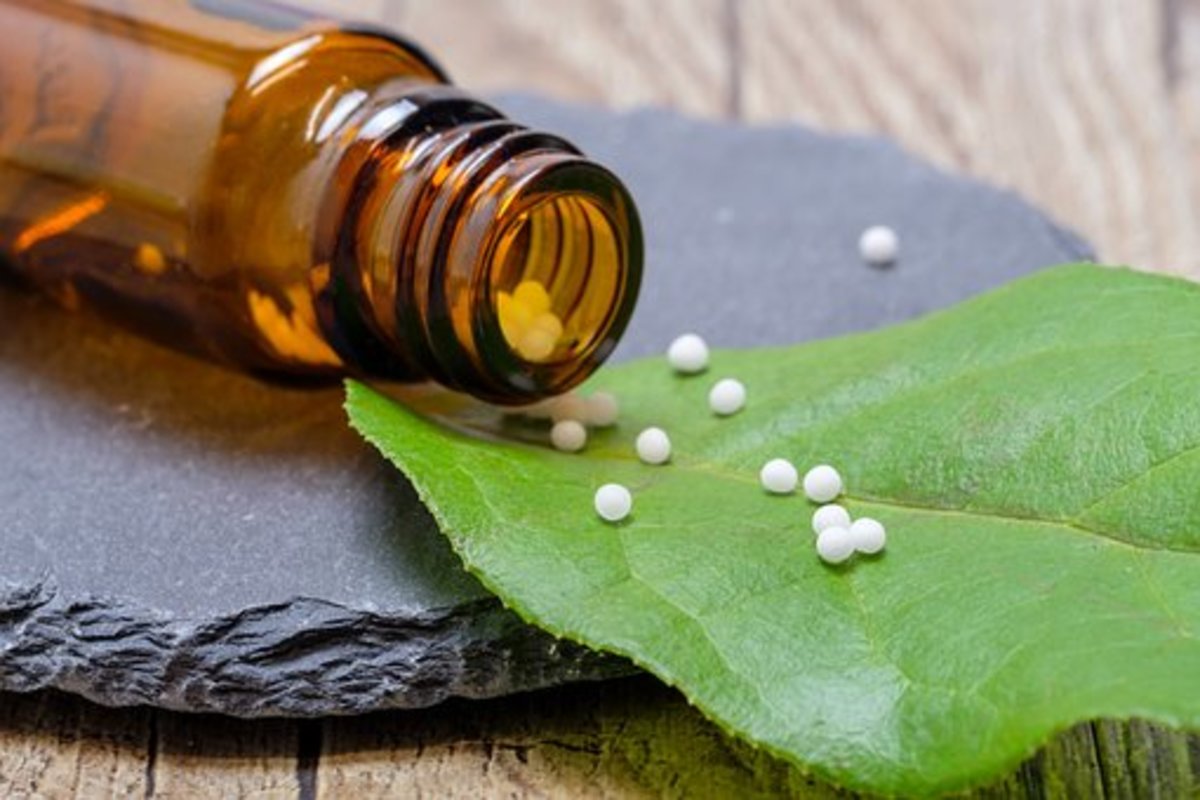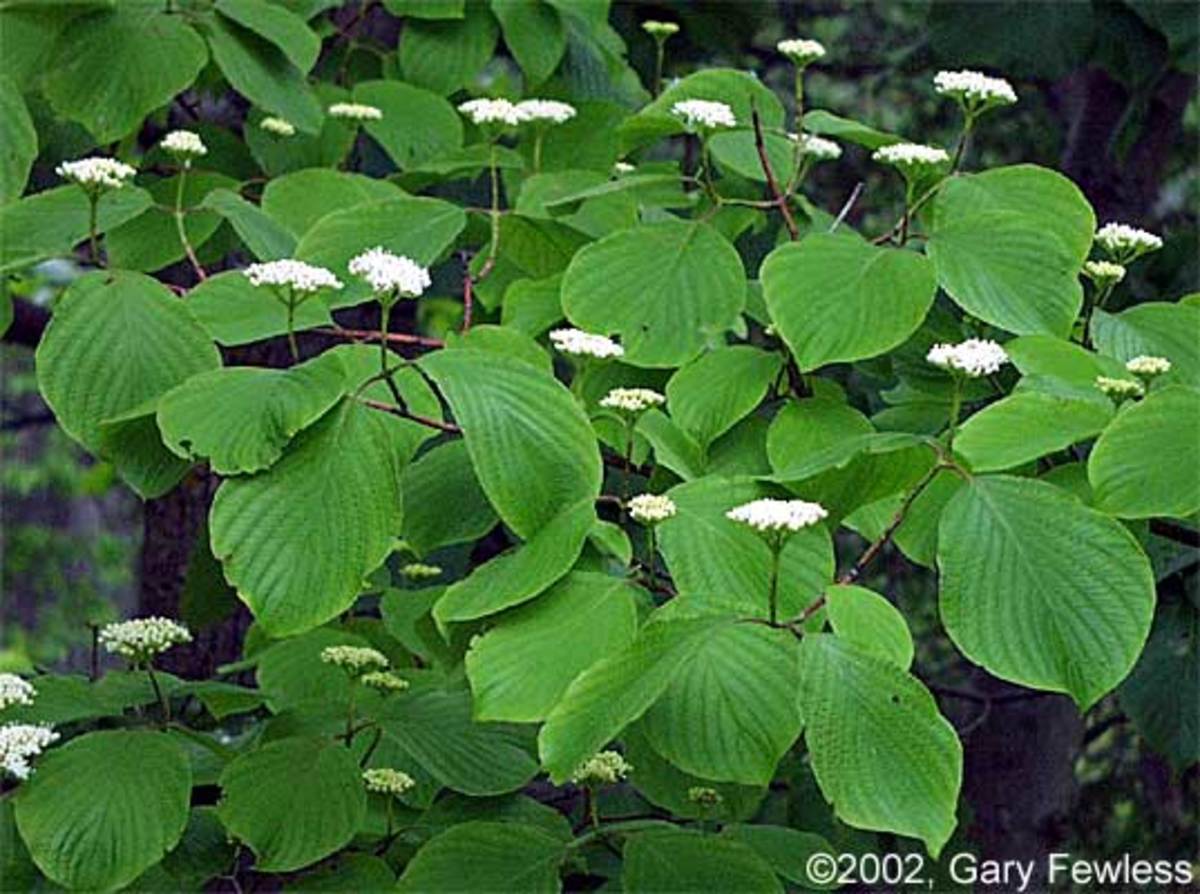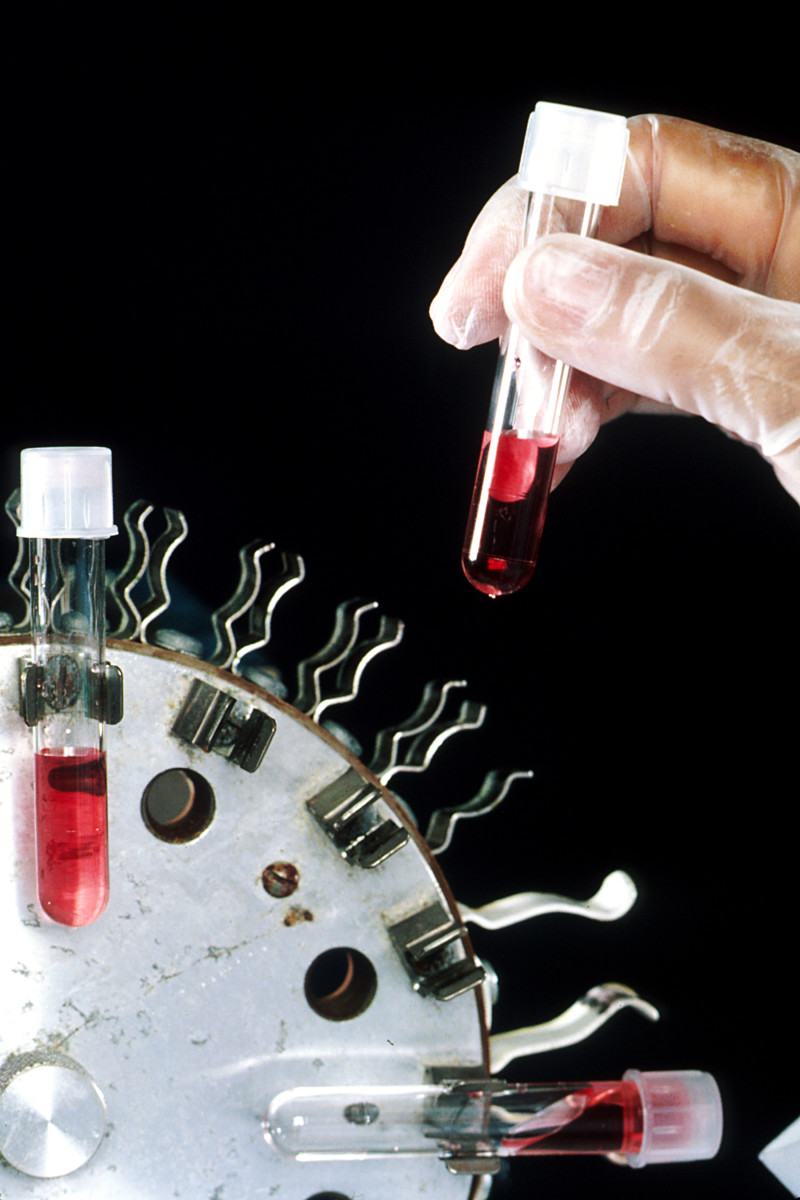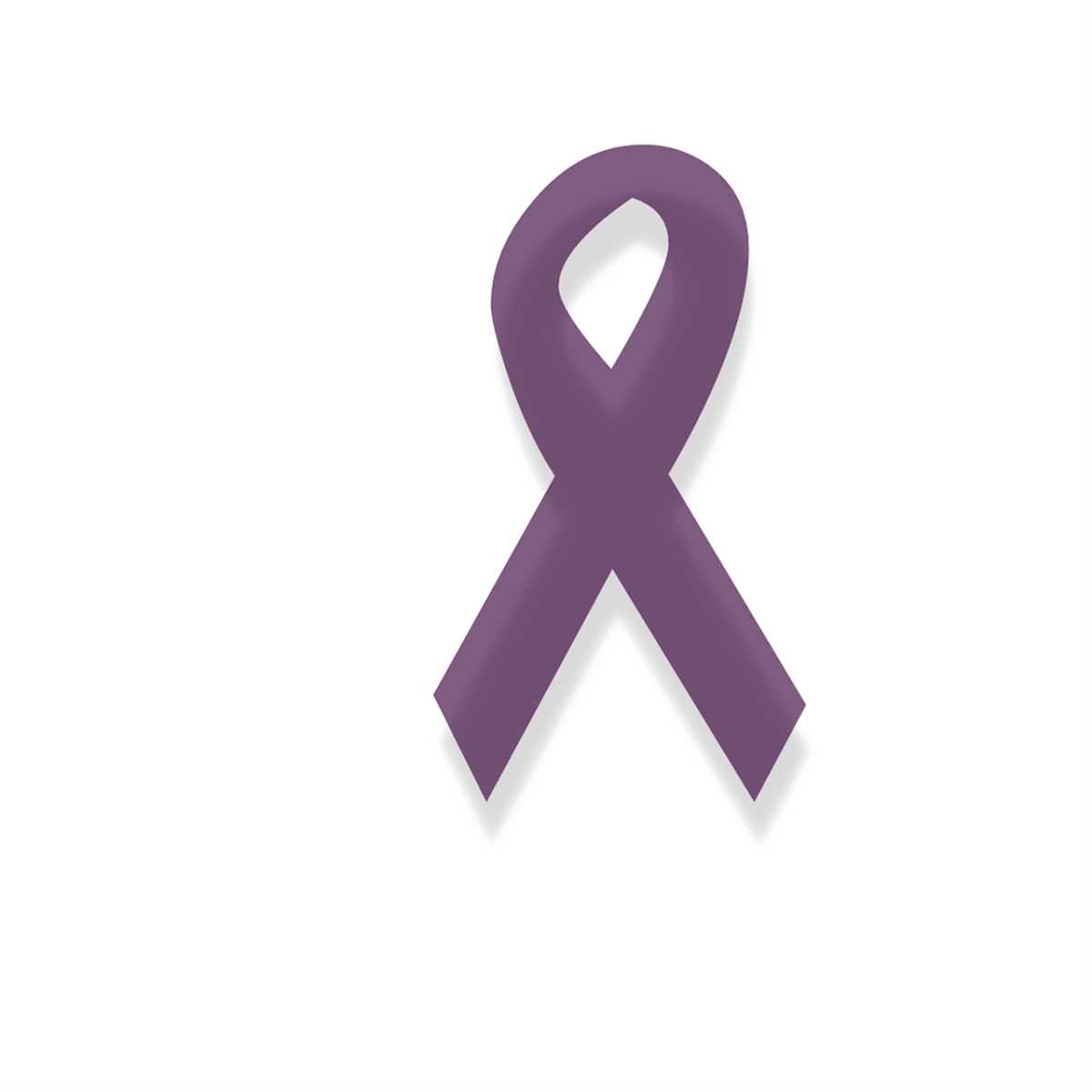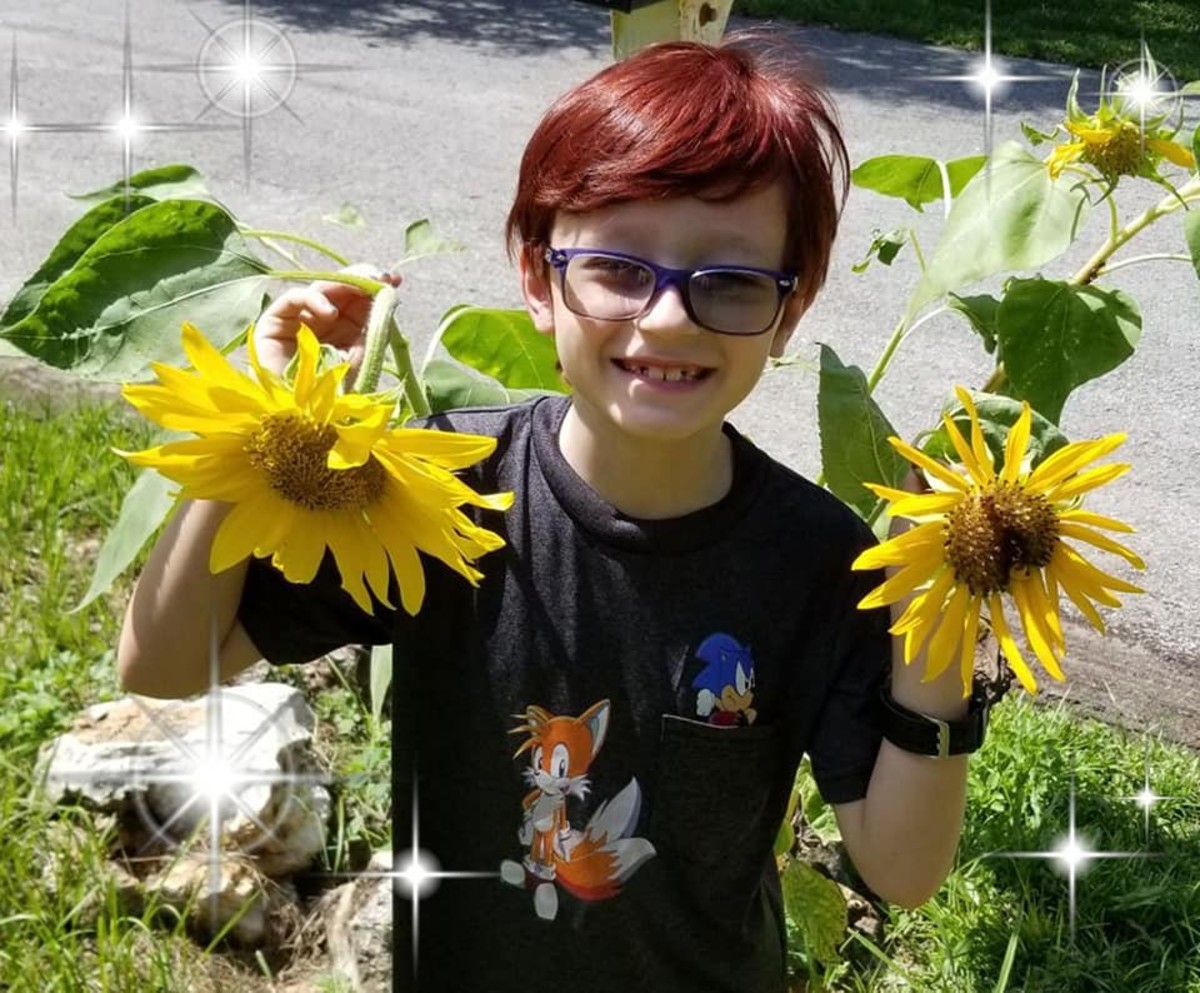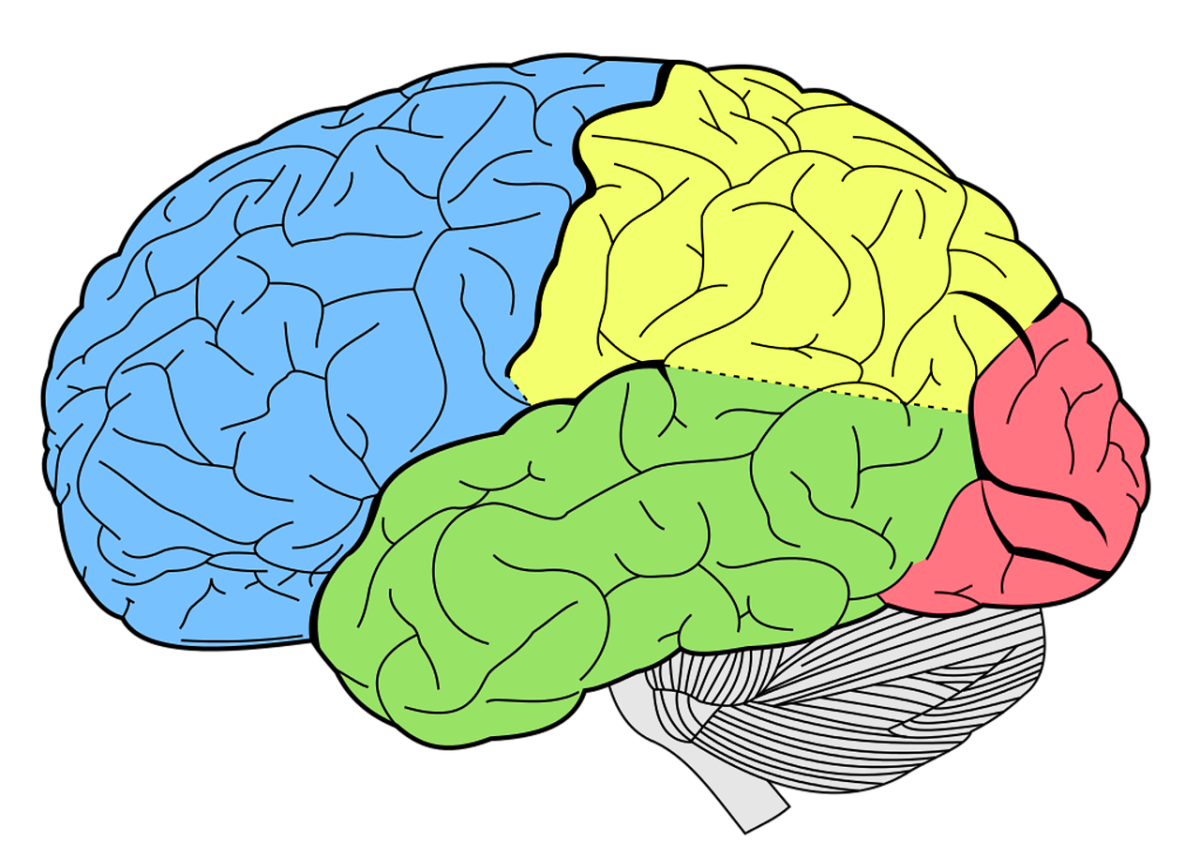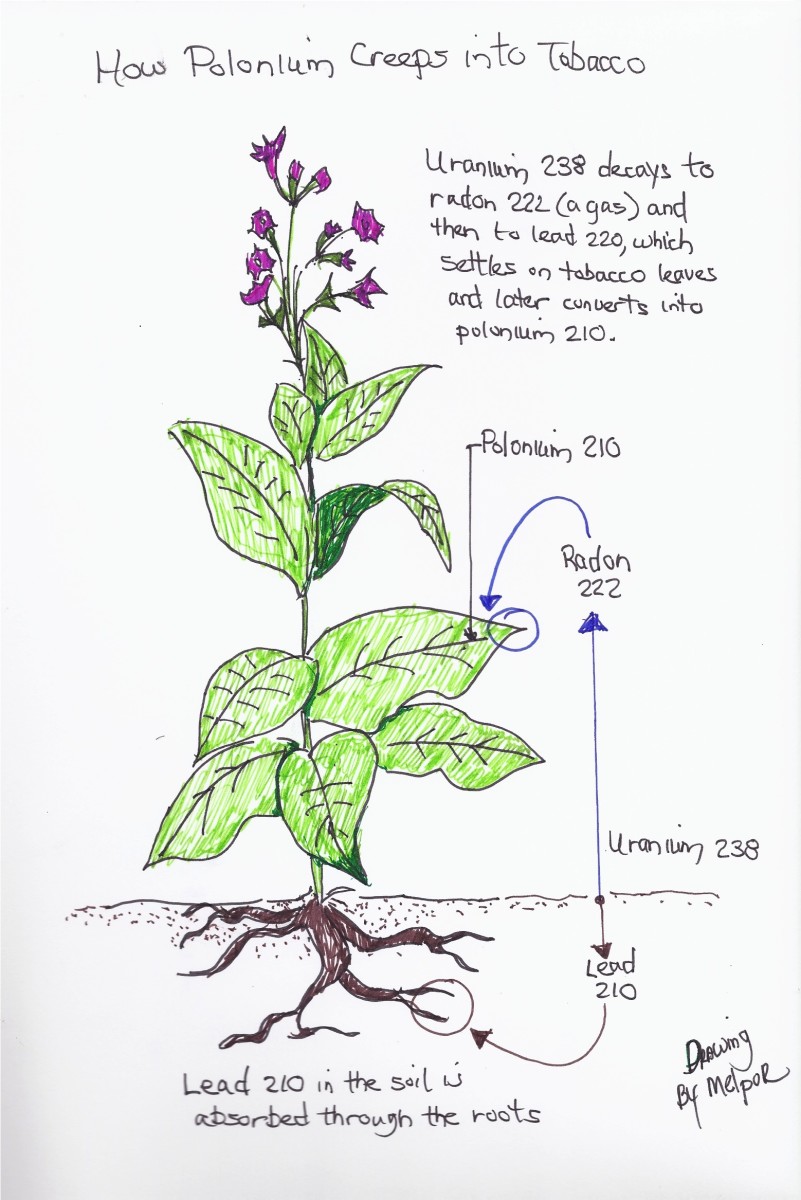How Cancer Patients are Discouraged from Trying Alternative Treatments
More Survivors are Going Public
The number of people who've survived "terminal" cancer appears to be growing. Their many testimonies on the Internet are getting harder to ignore.
Many of these former patients were sent home to die. Others knew, from the outset, they had little chance of escaping with their lives. So they chose a radically different course from the moment they were diagnosed.
It's refreshing to read their stories and to realize they're alive today because they took the time to research all of their options, and then took the necessary steps to restore their health.
In many cases, this involved a lifestyle makeover, coupled with various alternative treatments to detoxify their body and to ramp up their immune system.
"There's Nothing More We Can Do For You"
That statement is only partially true. Oncologists in the United States must follow a standard formula. With very few exceptions, chemotherapy, radiation and surgery are the only treatments they can recommend. Venturing into the realm of alternative medicine is something they won't do, since it can result in losing their license to practice.
Many patients are surprised to discover, in the midst of their battle, that their "cancer specialist" basically prescribes chemotherapy and interprets diagnostic scans. Looking at cancer from a different angle is not what he or she is trained to do, or wants to do. If a patient asks about dietary changes, for instance, they're often told to "eat anything you want."
This advice is diametrically opposed to what someone would hear if they visited an alternative medical clinic in Germany or in Mexico. Patients are put on a strict organic diet. Food with chemicals is not allowed. Genetically modified ingredients are out of the question.
In these countries, alternative cancer treatment is not outlawed, as it is here. So very advanced treatments have flourished. Since these therapies are non-toxic, they also don't have the side effects associated with conventional chemotherapy and radiation.
Mexican oncologists, for instance, can legally prescribe herbs and plant-based therapies with a long record of success. They also have access to state-of-the-art weapons to destroy cancer, such as Photo Sono-Dynamic Therapy, which employs sound waves and light beams to kill tumors.
Hyperthermia using radio waves, which don't kill normal cells, is available in both Mexico and in Germany.
What Happens When a Patient Asks About Alternative Treatments
Someone I know is fighting cancer right now. She asked her doctor about changing her diet. She was told to eat anything, including candy, ice cream and soda. She was assured food plays no role in her cancer.
When asked about whether she should do alternative medicine, along with conventional treatments, her oncologist dismissed this idea. To the patient, it came as a surprise that her doctor wasn't better educated, or at least interested, in every aspect of cancer.
One oncologist who blogs lamented the fact that one of his patients won't be doing chemotherapy. The doctor admitted his cancer had probably spread. This means toxic drugs aren't going to cure him. Yet the doctor was still hoping to convince this patient to have these treatments, which had little to no chance of restoring his health, if his cancer wasn't contained.
A widely quoted study from McGill University in Canada underscored the fact that oncologists are aware that chemotherapy has limits. Yet they continue to prescribe it for Stage IV patients, with horrendous results. The study found that 75 percent of the 118 oncologists polled said they'd refuse these drugs themselves.
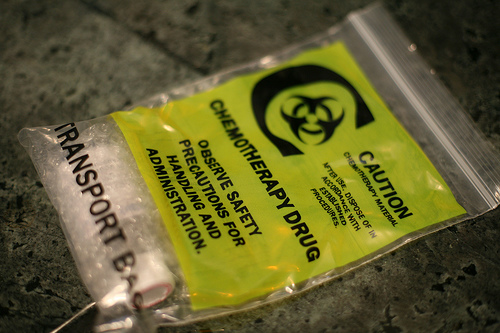
Dying Patients are Not Offered Anything Else
Patients with cancer that doesn't respond to chemotherapy are considered "terminal." Even when it's clear the cancer is winning, these patients still aren't encouraged to try something new, even if it's "unproven."
Usually, they are strongly discouraged from considering alternative medicine. One of the reasons often cited is the danger of "false hope." However, without hope, people give up.
Isn't it better to try something that might help, and won't hurt, than doing nothing at all, especially when you've been given a short time to live?
Concern about false hope, though, isn't a factor when it comes to dispensing chemotherapy, which is largely useless for solid tumors. (Testicular cancer is one of the few exceptions.)
A report published in the New England Journal of Medicine found that most patients expected to live, despite long odds. More than 80 percent of advanced colon cancer patients assumed they'd beat their disease with chemo. And about 70 percent of lung cancer patients thought the same.
However, any oncologist would tell you that the chances of this happening are slim to none.
Cancer Does Not Have to be a Death Sentence - A Short Video by Ty Bollinger
The Problems of Complimentary Cancer Care
In response to the demand for new approaches, many cancer centers now have added complementary medicine departments. It's good that the mind/body connection between cancer is being explored, and that patients can take advantage of various stress-reducing techniques. However, some of the methods being offered, such as yoga and reiki, may conflict with one's religious beliefs if they are Catholic or evangelical Christian. In recent years, the United States Conference of Catholic Bishops has spoken out against reiki.
Complementary care differs from alternative medicine in that it's used alongside chemotherapy. Evidence is mounting that these toxic drugs may be counterproductive. It was recently reported in the scientific journal Nature that chemotherapy may increase a protein known as WNT16B, which facilitates the growth of malignancies.
What is an Integrative Physician?
An integrative physician is a medical doctor who specializes in restoring health, but not with toxic drugs. A small number of these specialists practice in clinics outside of the mainstream medical centers. These are some of the doctors actress Suzanne Somers interviewed in Knockout, the story of her bout with breast cancer and her experience of being misdiagnosed with metastatic cancer. In the back of her book, she includes a list of these physicians who are located in the United States.
Disclaimer
These statements have not been evaluated by the Food and Drug Administration (FDA). These products are not meant to diagnose‚ treat or cure any disease or medical condition.
This article is not intended as medical advice, and is published only for the sake of discussion. People with health concerns should discuss them with a licensed professional. The author assumes no responsibility for treatment decisions or outcome.
Can Frankincense Cure Cancer?
- Cancer - Causes, Prevention and Treatment | Mercola.com
Read about cancer facts - common types, cancer symptoms, common causes, and how to prevent it. - Can Frankincense Help Cancer?
Did you know that frankincense is being studied for its ability to find and destroy cancerous cells? This site also contains a video testimony of a man who is healing from lymphoma with frankincense oil
Cancer and Mainstream Medicine
- Cancer: Forbidden Cures | Natural Cancer Treatment
"Cancer: Forbidden Cures" exposes the corruption of the cancer industry and the extreme measures used to prohibit physicians to treat the disease naturally.

